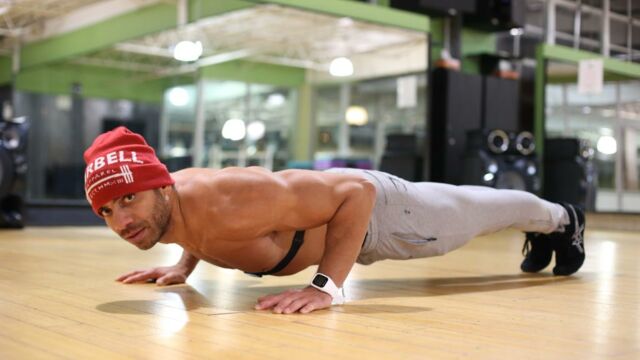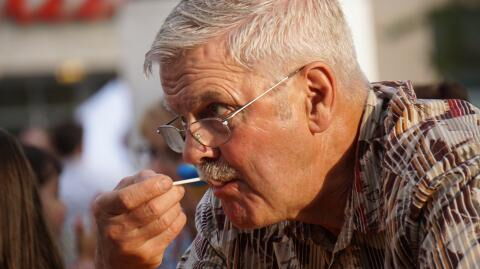Recently, a famous YouTuber made the news by stopping eating sugar for 30 days and revealed the results this had on his body. His physical transformation was impressive and certainly gave ideas to his colleagues on the internet.
Discover our latest podcast
Jordan from the YouTube channel ‘Jordan Se Transforme,’ which has over 150k subscribers, is a bodybuilding specialist. After his 30 days without sugar, he decided to stop eating altogether for 15 days. His goal? To see to what extent the body uses fat when it is not fed.
Preparation beforehand
Before this experiment, the young man, who is usually quite lean, put on almost 1 stone of fat mass to prevent his body from drawing resources from his muscles. He then spent a week eating only fruit and vegetables to prepare his body. Enduring such a long fast is a real ordeal and you can't just start one day to the next. You have to adapt your workouts and food to your body type.
Maintaining physical activity
During his fasting period, Jordan, while maintaining his normal workout schedule, did not ingest any calories and only drank water. He confessed that the first three days were the most difficult because of the feeling of deprivation. Once this barrier is passed, the body gets used to the new standard imposed on it and you get your energy back.
The YouTuber also noticed an improvement in his sleep and a feeling of lightness in everyday life due to the digestive system being at rest.
In the end, Jordan lost 1 stone in the span of 15 days, going from 12 and a half to 11 and a half stone.
In the video, the before and after comparison is amazing, and he appears very lean and trim on camera. Even though he did not lose any muscle mass and the benefits are visible, the videographer still warns of some disadvantages of this long fast. A white tongue and dizziness from time to time and when overexerting oneself are all effects of starvation.
A difficult fast
For those who want to try a long fast, we advise against doing this on the spur of the moment. If you want to lose weight, you can also try the ketogenic diet. This practice must be carried out under the right conditions and is not for everyone. We advise you to contact your GP to ask for his or her advice on how to adapt this to your specific case.















